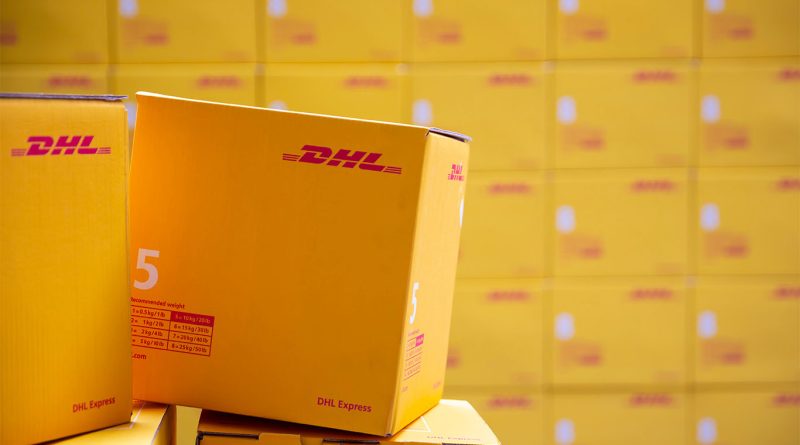DHL Halts US Shipments Over $800 Amid Customs Regulation Changes
Subscribe to our free newsletter today to keep up to date with the latest transportation and logistics news.
DHL Express, the international courier service under Deutsche Post, has paused global shipments to the United States valued above $800, citing complications introduced by a recent shift in US customs policy. The company is suspending business-to-consumer parcel deliveries that exceed this dollar threshold. DHL emphasized that the decision is temporary, but it has already triggered confusion and operational strain across the logistics and e-commerce sectors.
The move follows changes enacted by US Customs and Border Protection, which has significantly lowered the threshold at which packages require formal customs entry. This threshold, once set at $2,500, now sits at $800, a dramatic adjustment that has disrupted established shipping procedures. As a result, thousands of parcels bound for the US will either be delayed or rerouted through alternate logistics channels.
New customs thresholds reshape the logistics and compliance landscape
The core of the disruption stems from CBP’s redefinition of the “formal entry” threshold. A formal entry involves additional documentation, broker involvement, and financial security, all of which introduce cost and time delays. The previous $2,500 limit allowed relatively frictionless entry for a wide range of consumer goods. Reducing this figure to $800 significantly increases administrative workloads, particularly for logistics companies and e-retailers handling higher-priced items bound for the US.
Analysts suggest that CBP’s move is intended to tighten oversight on goods from overseas in response to rising concerns about valuation fraud and tariff circumvention. The threshold change aligns with broader US efforts to recalibrate trade relationships, particularly with China.
The new requirement has also affected customs automation systems. Shipments that were previously cleared without manual review now often require human processing. This shift has strained customs workflows and resources, prompting DHL to reassess its compliance operations in real time.
Consumers and global sellers brace for delays and uncertainty
For consumers, especially those ordering electronics, fashion, or luxury goods from abroad, the DHL suspension introduces unanticipated delays. Many buyers were unaware of the threshold change and learned of it only when shipments were postponed or canceled. The communication gap has intensified customer frustration, particularly among those using marketplaces that offered fast international delivery.
For global sellers, especially small and medium-sized businesses dependent on DHL’s network, the policy change adds significant pressure. It compels them to revise logistics strategies and reevaluate pricing structures that previously absorbed shipping and customs costs. Some are now exploring the use of US-based fulfillment centers to maintain access to American customers.
DHL’s strategy and next steps in adapting to regulatory disruption
DHL has stated that the suspension is temporary and intended to give the company time to update its systems and processes. The firm is currently coordinating with CBP and other logistics stakeholders to identify a sustainable solution that ensures compliance while preserving service levels. Updates on the company’s long-term shipping strategy are expected by May 2, 2025.
In the meantime, DHL is offering customer support to help explain the new requirements. Internally, it is also testing new customs workflows and expanding digital compliance tools to streamline future operations.
DHL’s domestic partners in North America have joined efforts to reduce disruptions by adjusting final-mile delivery strategies. While the company has not provided a concrete timeline for full service restoration, its communications suggest a resolution is targeted for the near term.
The announcement from DHL follows a similar action by Hongkong Post, which recently suspended sea mail services to the United States. This came after Washington removed tariff exemptions for small packages from China and Hong Kong, a move criticized by Chinese officials as politically driven.
These developments reflect broader strains in international trade. As more countries reevaluate how they interact with US customs regulations, logistics providers are caught between regulatory complexity and customer expectations. Many are now bolstering their internal legal and compliance capabilities to navigate the shifting environment.
